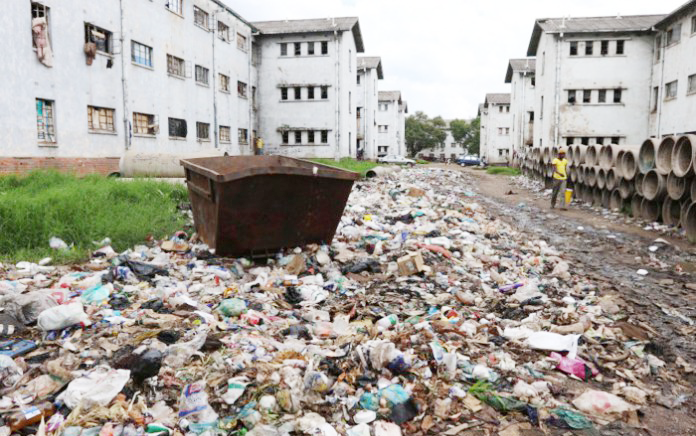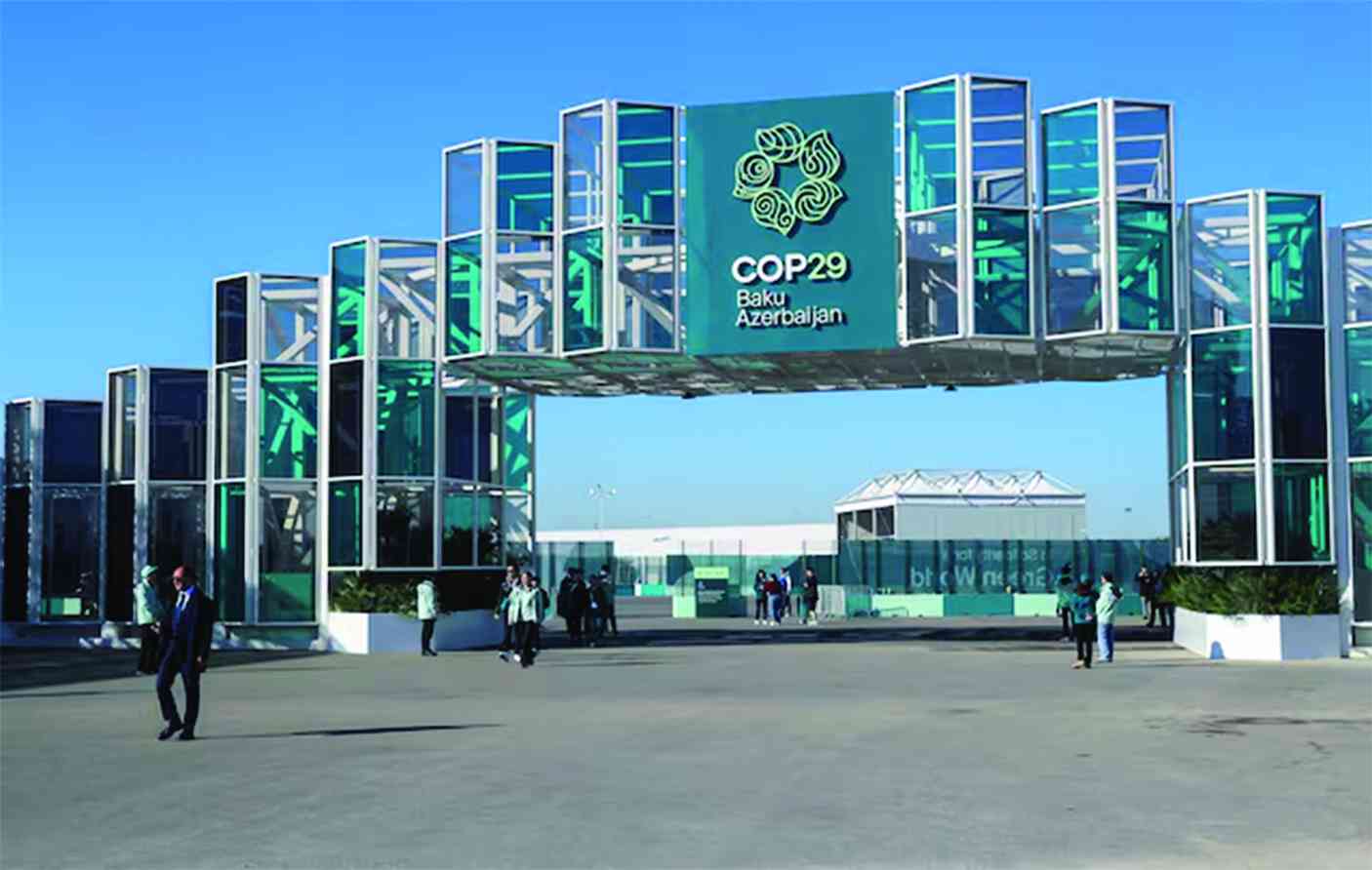
Frustrations are running high across markets.
Leaders of Zimbabwe’s companies are not only frustrated.
They are also worried about what promises to be a brutal era ahead.
While we have witnessed so much grandstanding by government, which has deliberately glossed over a clearly deteriorating economic crisis to give Zimbabweans an optimistic picture, the truth came out this week, in several documents presented to authorities by business leaders.
Industries are silently relapsing, giving in to a vicious fall in spending power, which has forced millions to abandon formal shops to buy goods on the black market.
Government has not been innocent in this enormous structural shift to our economy, which is now 60% controlled by informal players.
Years of unrestrained high level corruption and plunder triggered de-industrialisation, which today has manifested into armies of unemployed graduates selling everything from cash to groceries and medicines on the streets.
This is a sector that knows no regulation, a sector that does not abide by any laws, including those governing taxation.
- Teachers, other civil servants face off
- Veld fire management strategies for 2022
- Magistrate in court for abuse of power
- Vungu Dam water treatment and irrigation project takes off
Keep Reading
This is why the informal sector’s merchandise is cheap compared to formal businesses.
As business lobbies hinted this week, the flourishing informal sector presents the greatest threat to their survival, and to government’s own.
We can only blame the government for this terrifying turn of events.
It is the corrupt bureaucrats in its rank and file — together with callous politicians whose policies drove millions of those running the informal sector today to dark markets, after waves of firm closures left them without jobs.
They have families to take care of.
They have high expectations for their lives, and they are skilled enough to explore opportunities that bring food on their tables.
But give many of these youths running around in street corners selling money a job, and they will disappear within hours.
For now, government is staring an explosive situation ahead — it has to act now, or face the embarrassment of more companies filing for bankruptcies, precipitated by the rapid rise in informality.
In the coming years, more tax revenues will be wiped out as evasion takes centre stage.
With the benefit of hindsight, having witnessed the mayhem of 2008, it is easy to predict that the troubles ahead would far outweigh the current catastrophe.
Hospitals will run out of more drugs, schools will struggle to buy everything, and infrastructure decay will escalate, as government runs out of funding.
We hold the key to reverse this impending calamity.
But it looks like many of the bigwigs in government and politics are too happy to maintain the status quo.
They are proud beneficiaries of a corrupt system created over many years, which has returned to ruin the lives of Zimbabwe’s small fish.
You only need to take a look at the caricatures of embassies and hill top mansions sprouting up in Harare’s affluent suburbs to understand how the loot is being expended.
They are the same people using their power to access cheap foreign currency to import the merchandise that has flooded street corners.
They will do everything in their power to frustrate any form of order.
But their actions are clearly at the expense of millions who cannot access medical care, or the right education.
Zimbabweans only have two choices — to fold their hands and watch as politicians play with their birth right, or demand order from those they chose to take stewardship of their country.
These are the two choices at our disposal.










